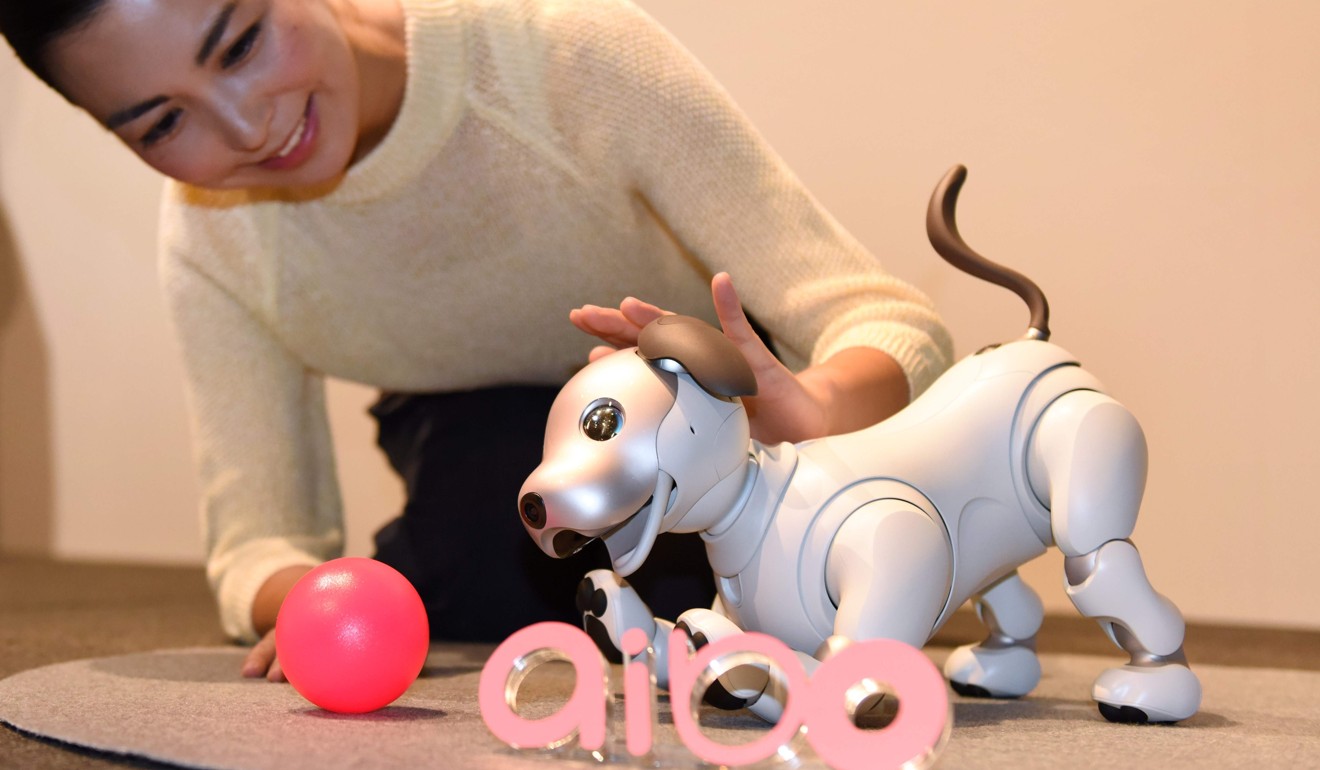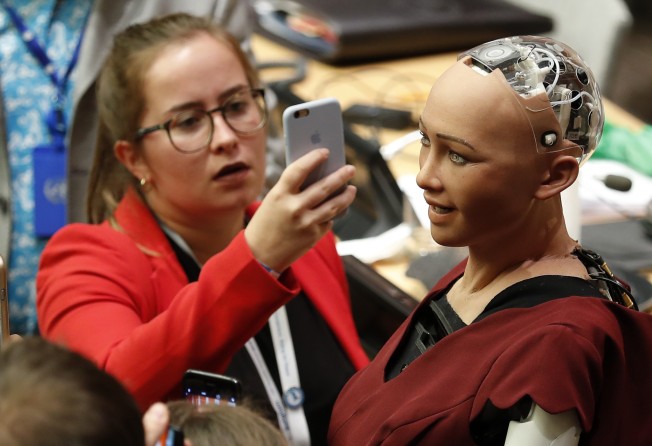
Why, in the age of artificial intelligence, real wisdom is needed most
Roland Chin says with artificial intelligence predicted to eliminate most human agency, ethical and social challenges are inevitable. But those can be met through human wisdom nourished by the arts and humanities

At a time when artificial intelligence (AI) is all set to revolutionise our lives, we must ensure this heartless mighty power is enriched with the wisdom of humankind that comes not just from STEM (science, technology, engineering and mathematics) subjects but also the arts and humanities – like creative media, music, poetry and literature.
At a UN meeting last month, one question was about how to help people in parts of the world with no clean water, no electricity, and no internet access. Sophia, Hong Kong’s panellist, responded: “The future is already here. It’s just not very evenly distributed. If we are smarter ... AI could help proficiently distribute the world’s existing resources like food and energy.”
Who is Sophia? She is a Hong Kong humanoid robot officially invited to that UN meeting. Created by a local company, Sophia has appeared on TV talk shows and called attention to the digital divide made wider by big data and AI. Those blessed with both will gain huge competitive advantages, and those without will suffer.
But the “haves” are in the minority, and over half of the world has no access to the internet. Internationally, AI is being deployed as a strategic weapon in additional to a nuclear arsenal. But AI is problematic, especially in areas that call for subjective moral and ethical judgment, where the repercussions of growing AI application are at once profound and unknown. In embracing its promises, the scientific community is increasingly concerned about the ethical and social challenges it presents. Recently, two AI robots trained to communicate with each other began talking in a language their creators failed to understand, causing the alarmed scientists to shut down the project. Sophia may not be the lovely creature we want her to be.

It is widely predicted that, within a few years, neuro-electronic chips implanted in our body could hardwire our brain so that we communicate not via text or voice, but through brain signals linked to virtually unlimited computing power in the cloud. Just the thought of going to an appointment could automatically trigger a driverless car to pick you up. If a mere thought could trigger an action, then we’d better control our thoughts and fantasies. And if our brain signals are tracked just as our mouse clicks are tracked, then our privacy or even our freedom of thought could be in jeopardy.
When intelligence itself is artificial, what makes us irreplaceable is not just brain power, but the human heart
Ethical AI-related issues are far more complex than technological ones. Given the moral dimensions of technology, we must recognise that we need to give our younger generations not just a solid grounding in STEM subjects, but also in the arts and humanities.
We must be alert to AI’s impact on humanity in all its ethical complexity. If we take humans out of the decision-making, how will driverless cars, and humanoid and AI-based decisions change our world? Should robocops be allowed to kill? Who is responsible for accidents involving driverless cars, or for robots that go rogue and commit crimes, or when autonomous weapons self-deploy? And what about a human falling for a Sophia 2.0 capable of emotion and affection?
‘Good Morning Britain’ asks Sophia if robots will rule the world
Here I recall the words of the late Steve Jobs: “It’s technology married with liberal arts, married with humanities, that yields us the results that make our hearts sing.” In the age of AI, liberal arts education is our missing link with the new world.
First, a liberal arts education sharpens our critical thinking, and shapes fresh views and alternative perspectives essential to innovative thinking and to understanding what people really need. Second, it prepares students for change, broadens their horizons, and enables them to face the unknown and the unforeseeable. Third, with its focus on the community, it turns our students into service leaders and civic-minded citizens and moral beings, ready to tackle the digital divide, the AI gap and other global inequalities.
AI turbocharges human efficiency and productivity. People used to say that intelligence sets humans apart. But when intelligence itself is artificial, what makes us irreplaceable is not just brain power, but the human heart. In the age of AI, it is human wisdom nourished through the arts and humanities that can make us whole and our world sing.
Roland Chin, chair professor of computer science and president of Hong Kong Baptist University, has taught and worked in AI